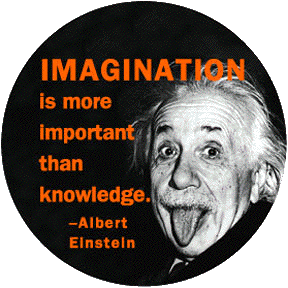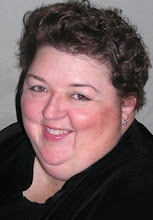It was 1968 before I got how crazy the world had become in the 1960s. The assassinations of Martin Luther King, Jr. and Robert Kennedy, the riots throughout our major cities, the Chicago assault on protesters at the Democratic Convention. I remember believing the world might come to an end at any time. All that coupled with growing up under the shadow of the nuclear bomb (my Junior High School, built in Florida in 1962 was lead lined in the wake of the Cuban missile crisis and I remember duck and cover exercises from elementary school in Indiana), made for a rather paranoid feeling growing up. It is probably the root of my cynicism.
When I teach about governance in my sociology classes, we discuss charismatic leadership. JFK stands out as one of the few charismatic leaders who actually held a position in government. Most are leaders of movements to change the system, not part of the establishment. Almost all charismatic leaders will either be killed or be discredited. Sometimes, such as the case of JFK, maybe both. The sociological reason for this is simple. The group that forms around charismatic leaders is highly unstable. "Group Stability" is a sociological term referring to the ability of a group identity to outlive its members or the decisions of it members. Since the leadership of this group is through the inspiration of a central figure, getting rid of the central figure either directly via assassination or indirectly via smear campaigns, essentially breaks up the group. The movement cannot survive the loss.
I do have a conspiracy theory regarding JFK. Not so much a "who" theory as to a "why" theory, though "why" points to some specific "who"s.
I believe this speech sealed the deal for JFK's inevitable fate:
(text for this speech can be found here)
Following up on a speech he gave two years earlier on September 25, 1963, Kennedy was advocating peace over war. He was threatening the military-industrial complex, which by this time had rose to considerable power in the United States. I have no doubt that this threat was the motivation behind his assassination.
Kennedy was not perfect and his being put on a pedestal was problematic, as it is when anyone is put there. But I believe the world would have been a different place if he had lived and continued to lead.
My husband and I often have debates about when United States started going downhill. I usually argue that we were never as good as our rhetoric and that the democratic facade has always been with us, since we were built upon lies about equality and theft of land and labor. But if I had to choose a moment in time that changed any possibility of the United States living up to her declared values, it was the assassination of John Kennedy.
I don't know who actually pulled the trigger and I doubt the answer will ever be definitive. But I do know who benefitted from that trigger being pulled. In fact, the lack of knowledge about the assassination is indicative of how the world changed that day. I have no doubt that it was a conspiracy. Some people killed a president and some other people bought the story that it was a lone gunman and it is 50 years later and no one knows the truth.
As I contemplate this anniversary, I cannot help but ask: How many other things do we not know?
I don't have answers. I don't know where things might head from here. But I remain cynical and that cynicism was born of the 60s and 70s when I learned not to trust power. I do believe this. The world changed that day and not for the better. I also believe that our hope must rely upon something other than a charismatic leader emerging. If we want change, we must find another way than business as usual.
My cynicism should not be mistaken for pessimism. I do have some hope. I have come to believe that a sociological imagination is the key to addressing these changes and that is why sociology remains suppressed through economic means.
 Never before has there been a greater need for public sociology and never before has there been a greater call for the sociologist. I am discouraged with our discipline, but I remain hopeful that we have something to offer and that many more are starting to get their voices heard.
Never before has there been a greater need for public sociology and never before has there been a greater call for the sociologist. I am discouraged with our discipline, but I remain hopeful that we have something to offer and that many more are starting to get their voices heard.As the quote at the top of this blog states, the "sociological imagination [is] our most needed quality of mind." We must do what we can to develop that quality and we must not be silent.



No comments:
Post a Comment